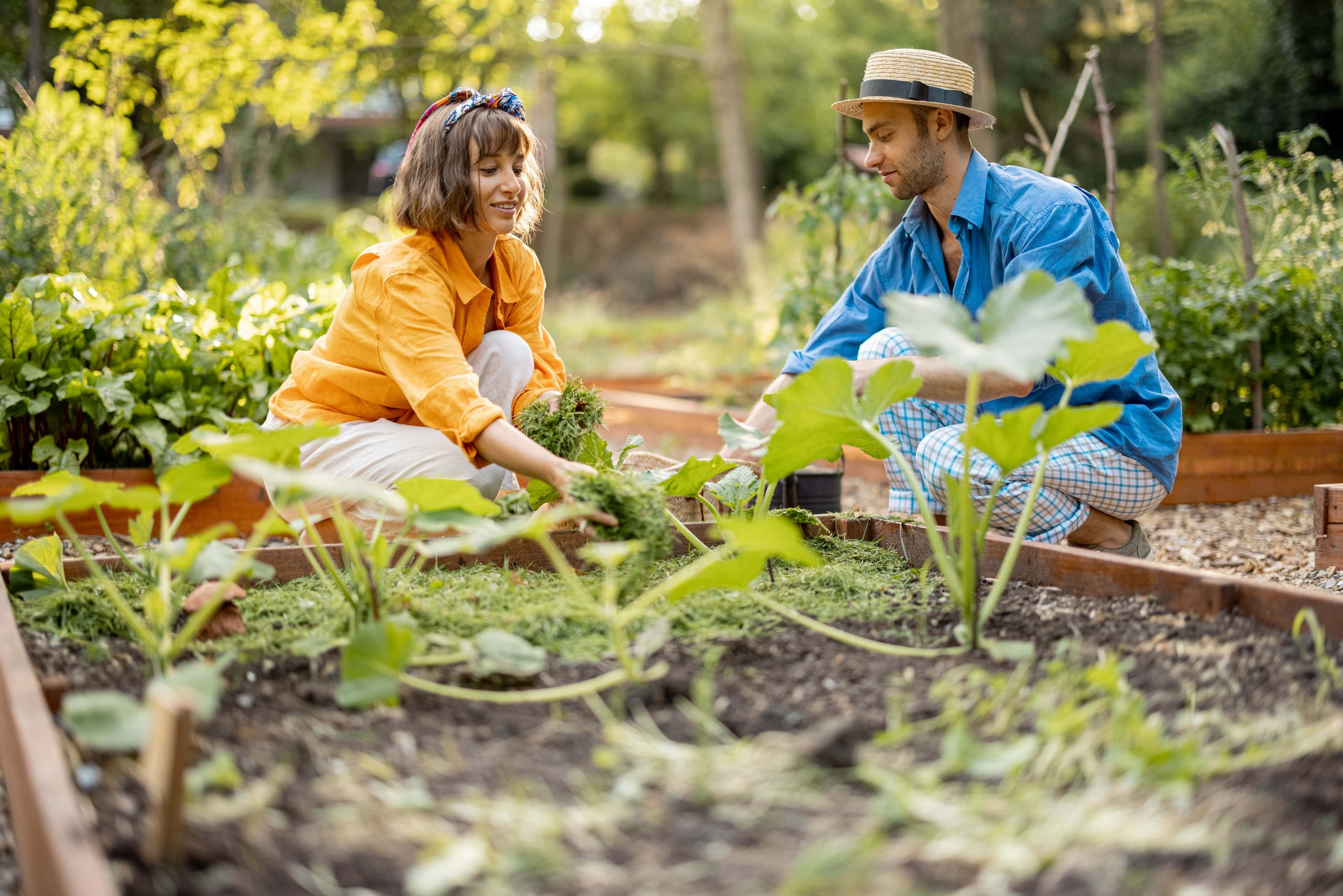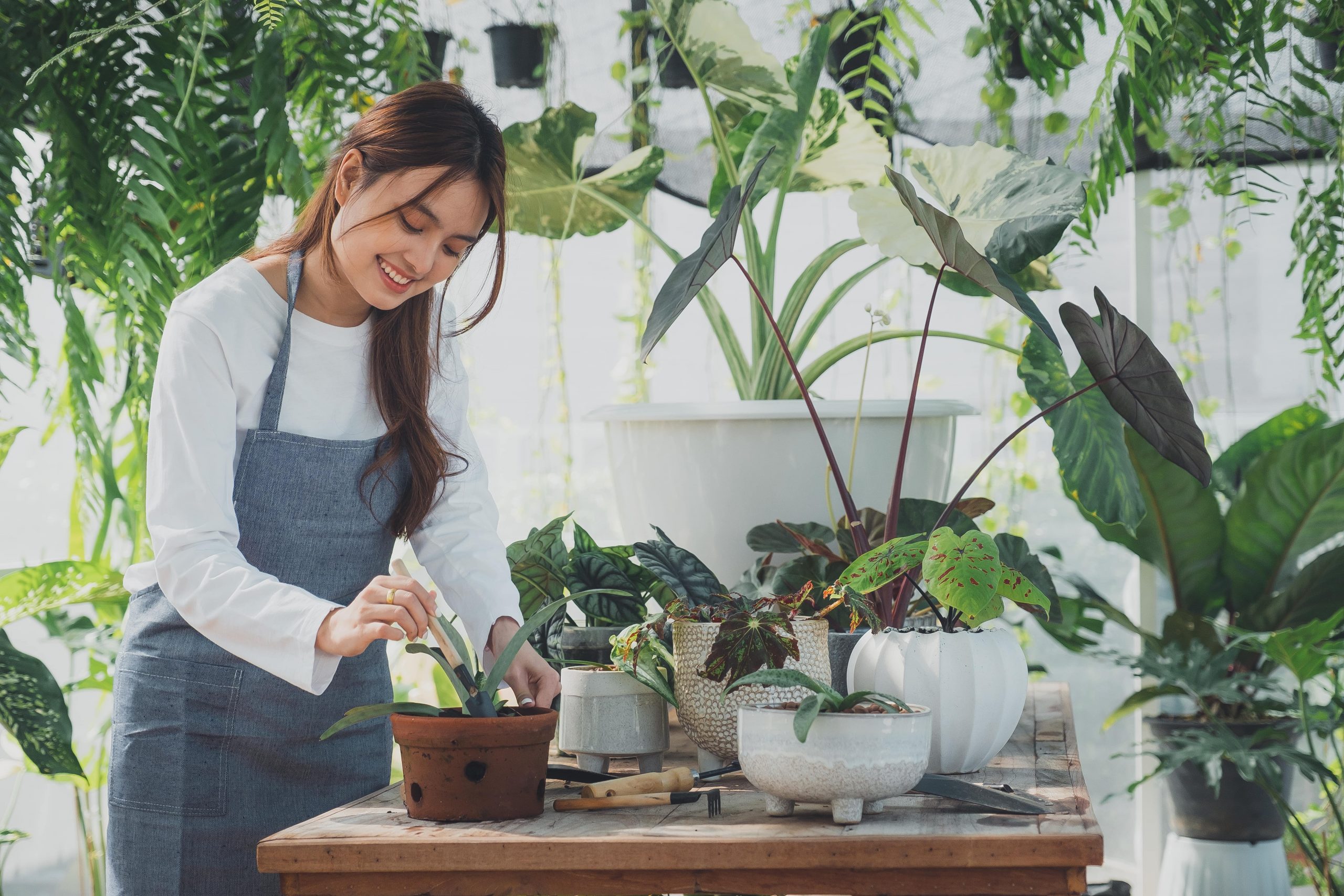Gardening is a rewarding and satisfying activity that can boost your mood, improve your health and help you feel connected to the outdoors. Many people love to garden because it’s a form of physical exercise, provides a healthy source of food and is a fun, educational experience.
It can also make you feel more sociable and less lonely, according to HomeAdvisor’s survey of 1,000 people. As COVID-19 “screen fatigue” increases, many families are seeking activities that don’t involve technology. And gardening can be an excellent way to get outdoors, improve your mental health and connect with others, especially during the spring and summer months when it’s often more convenient to spend time in the yard.
Horticultural therapy is a centuries-old practice that uses plants to provide therapeutic benefits. Working with plants, both in the garden and in the treatment room, can have a positive impact on your mood, stress levels, anxiety, sleep and overall health.
Whether it’s planting seeds, caring for your vegetable garden, or snipping fresh vegetables from the vine, gardening can help you appreciate the labor and resources it takes to bring healthy foods to your table. It can also teach children about how the food they eat gets to their plate, as well as provide them with a sense of responsibility for what goes into their diets.
It’s also a great way to introduce kids to new fruits and vegetables. Studies have shown that children who grow their own vegetables are more likely to try them and eat them more frequently.
They are also more aware of their eating habits, which can lead to better health overall. Moreover, when you cultivate your own gardens, you can choose the kinds of fruits and vegetables you want to grow, which is important to a healthy diet.
You can even add flowers, herbs and other decorative plants to your garden to enhance its appearance. Some common flowering plants include: borage, carnation, chrysanthemum, daffodil, daisy, pansy, lilac, nasturtium, rose and salvia.
Plants and herbs are good for your heart, as they reduce blood pressure and cholesterol. They are also low in fat, so they can help reduce the risk of heart disease and strokes, suggests a 2012 study published in the American Journal of Clinical Nutrition.
In addition, the nutrient-rich soil in your garden is also beneficial for your health. It’s full of beneficial bacteria that can fight off harmful microorganisms, reducing your chance of getting sick.
It’s also a healthy and inexpensive way to add nutritious and delicious foods to your diet, as you can grow just about anything in a garden. You can plant a variety of vegetables, fruits and herbs, including kale, peas, chard, broccoli, carrots, beans and more.
Lastly, gardening is a fun and satisfying activity for you and your family. It can be done by all ages and abilities, so everyone can participate. Moreover, gardening can be an enjoyable way to spend quality time together, especially if you all work together.



